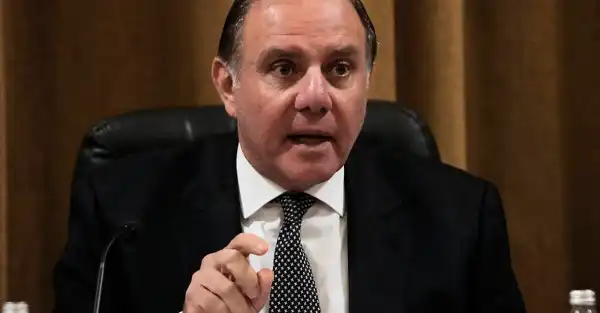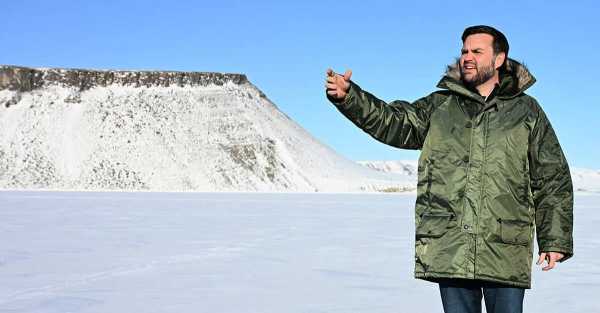
The new head of Lebanon's Central Bank has promised the institution will fight money laundering and terrorism financing and operate free of political interference.
Karim Soueid, speaking after officially taking office in Beirut, added that he would work on restructuring the banking sector, public debt and returning money to depositors.
Lebanon's economy has suffered the worst crisis in its modern history since 2019, and the state must implement the reforms demanded by the international community.
Such reforms are needed to unlock international aid, and on top of that, Israel's 14-month war with Hezbollah has caused $11bn (£8.3bn) in damage and economic losses, according to the World Bank.
Lebanon's crisis is rooted in decades of corruption by the country's political and financial leaders, which drained state resources and ultimately led to a bank run in 2019 that left people unable to access their deposits.

Since then, the situation has worsened due to COVID-19, the massive explosion at the port of Beirut in August 2020, and Israel's war with Hezbollah.
Since the onset of the historic crisis, Lebanon has moved to a cash economy, and in October the Paris-based Financial Action Task Force (FATF), the international anti-money laundering body, added Lebanon to its “grey list”.
“We will work to implement international laws, in addition to laws on combating money laundering and support for terrorism,” Mr. Souwaid said.
The former asset manager added that banks in Lebanon should recapitalise by injecting new money, and those that cannot and do not want to do so could team up with other creditors.
He said the priority would be to return deposits, starting with people with small accounts. He said returning deposits should be the responsibility of banks, the central bank and the state.
Mr Souwaid said the central bank would study all economic recovery plans put forward by previous governments to help the small country emerge from the crisis.
Wassim Mansouri, who has been acting as the central bank's governor since July 2023, said the central bank's reserves stood at $10.727 billion at the end of March.
Mr. Soueid succeeds Riyad Salameh, a former governor who held the post for 30 years and whose term ended with several international cases of corruption, embezzlement and other financial crimes brought against him.
Salame was appointed in 1993, as Lebanon was struggling to recover from a 15-year civil war.
Sourse: breakingnews.ie



